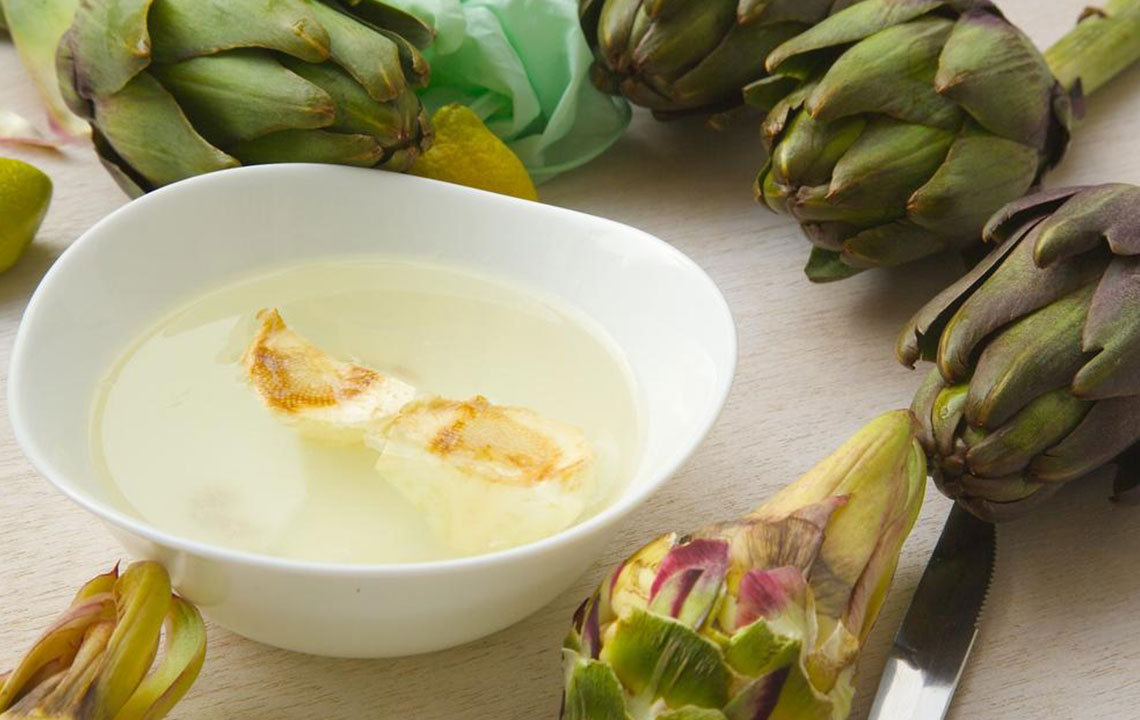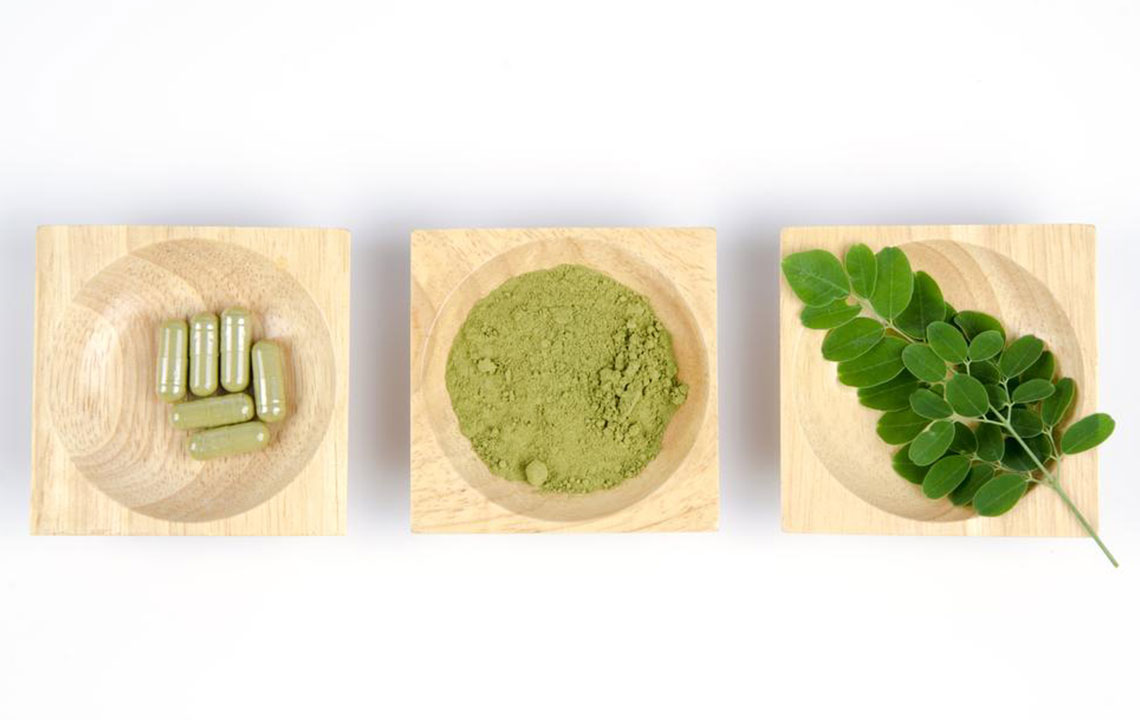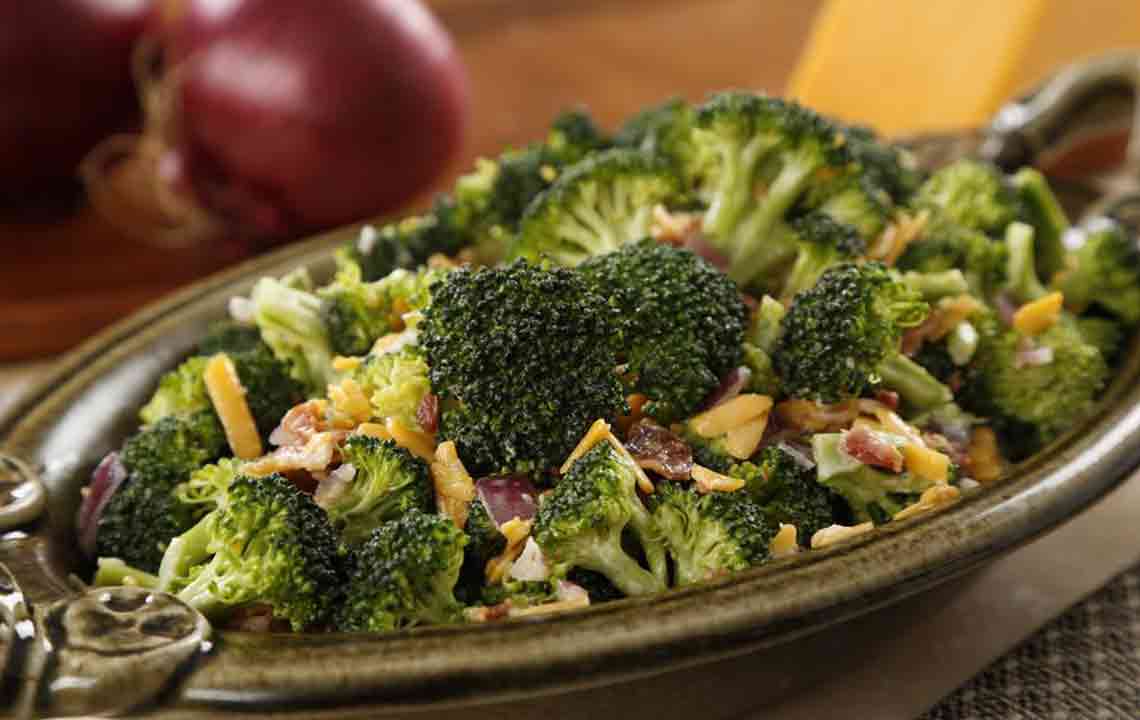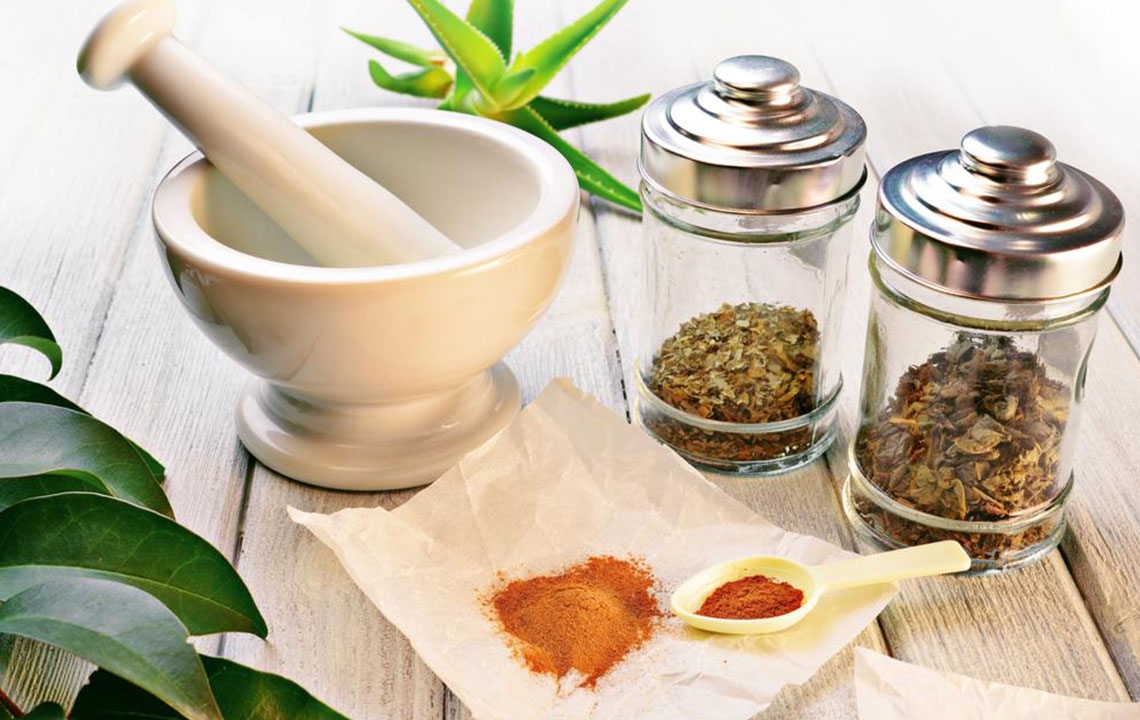Comprehensive Guide to Lowering Bad Cholesterol (LDL)
Learn how to naturally lower LDL cholesterol with effective lifestyle changes, dietary tips, and supplements. This comprehensive guide emphasizes the importance of balanced cholesterol levels for cardiovascular health. Discover practical methods like healthy eating, exercise, and natural remedies to reduce your risk of heart disease and maintain optimal cholesterol levels safely.
Sponsored
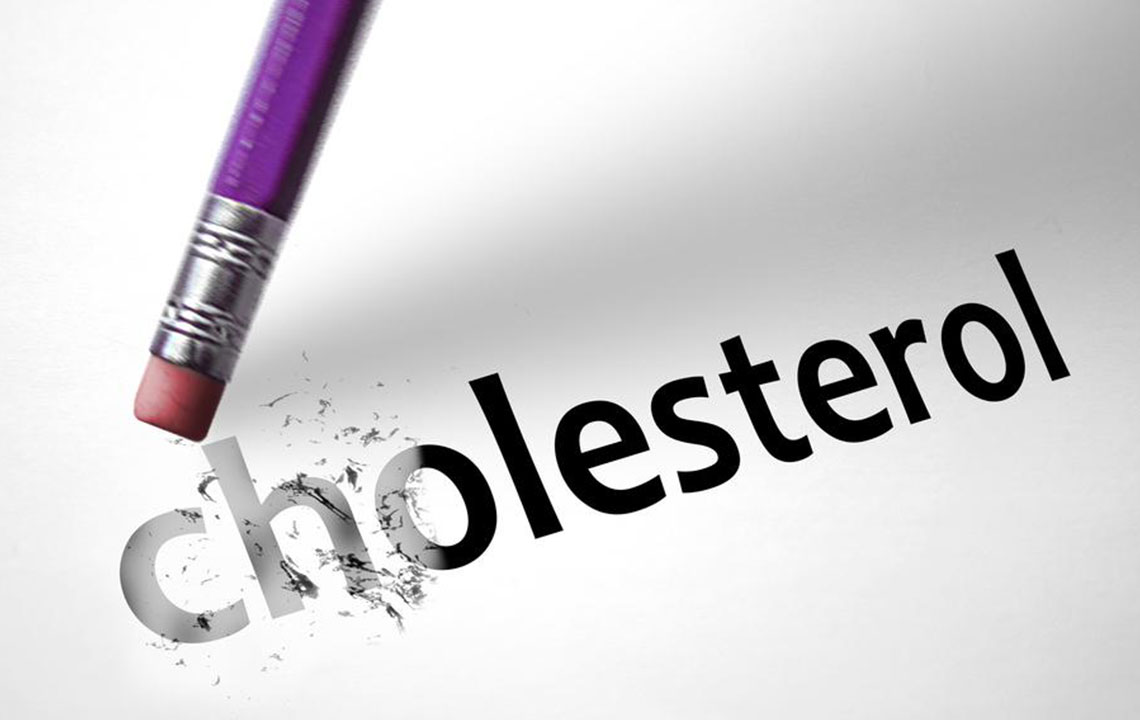
Comprehensive Guide to Lowering Bad Cholesterol (LDL)
Understanding Cholesterol
Cholesterol is a waxy substance present in nearly all human cells. Contrary to common belief, it’s essential for producing vitamins, hormones, and aiding digestion. The body synthesizes enough cholesterol to meet its needs, making it vital for health. Additionally, some dietary sources contribute to blood cholesterol levels, which are transported via lipoproteins—tiny protein-fat packages in the bloodstream. Knowing how to reduce LDL cholesterol is crucial for maintaining cardiovascular health.
Types of Cholesterol
Cholesterol circulates in two main forms:
Low-density Lipoprotein (LDL)
High-density Lipoprotein (HDL)
Keeping both balanced is key. LDL, often called 'bad' cholesterol, can cause plaque buildup in arteries if levels are high, increasing heart attack risk. HDL, known as 'good' cholesterol, helps remove excess cholesterol by transporting it to the liver for elimination.
High Cholesterol and Heart Risks
Cholesterol Level Guidelines
High: > 240 mg/dL
Borderline High: 200-239 mg/dL
Desirable: < 200 mg/dL
Factors Contributing to High Cholesterol
Unhealthy eating habits like consuming excessive meats and dairy
Saturated fats in processed foods, chocolates, and fried items
Trans fats present in certain fast foods
Additional causes include:
Diabetes
Kidney disorders
Hormonal changes during pregnancy or medical treatments
Effective Strategies to Lower LDL Cholesterol
Adopt a balanced diet low in unhealthy fats
Incorporate omega-rich fish like sardines, mackerel, and herring
Consume more soluble fiber through foods like oats and beans
Choose plant-based protein sources such as nuts and legumes
Monitor daily calorie intake and maintain an active lifestyle
Consider plant sterol supplements, which naturally reduce LDL levels
Engage in regular exercise to burn excess calories
Quit smoking to improve HDL levels
Drink black tea, proven to lower LDL cholesterol
Limit alcohol consumption, as it promotes cholesterol synthesis in the liver
Use beneficial essential oils like cypress and rosemary for circulation and antioxidant support
Stay positive and consistent in your health efforts
While medical intervention is available, many prefer natural approaches to manage cholesterol due to fewer side effects. A healthy lifestyle, diet control, and regular physical activity are practical ways to control LDL levels effectively.

